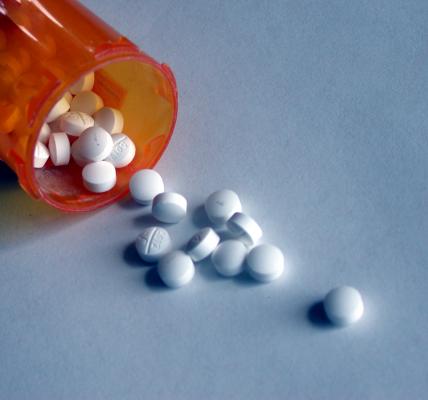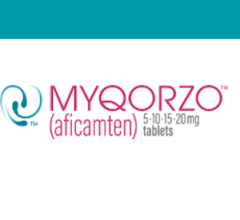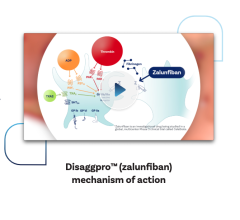
March 7, 2012 — The U.S. Food and Drug Administration (FDA) notified healthcare professionals of updates to the prescribing information concerning interactions between protease inhibitors and certain statin drugs. Protease inhibitors and statins taken together may raise the blood levels of statins and increase the risk for muscle injury, or myopathy. The most serious form of myopathy, called rhabdomyolysis, can damage the kidneys and lead to kidney failure, which can be fatal.
“The updated FDA statin label serves as an appropriate reminder to patients and physicians about the relatively rare and reversible known side effects associated with these important medications,” said Jack Lewin, M.D., CEO of American College of Cardiology. “While it is important to recognize the side effects sometimes associated with statins, it is also important to emphasize that the powerful benefits of statins far outweigh the risks for the vast majority of patients.”
Statins are a class of prescription drugs used together with diet and exercise to reduce blood levels of low-density lipoprotein (LDL) cholesterol, or “bad cholesterol.” HIV protease inhibitors are a class of prescription antiviral drugs used to treat HIV. HCV protease inhibitors are a class of prescription anti-viral drugs used to treat hepatitis C infection. Healthcare professionals should follow the recommendations in the prescribing information when prescribing HIV or HCV protease inhibitors with statins.
FDA advises consumers and healthcare professionals that:
- Routine monitoring of liver enzymes in the blood, once considered standard procedure for statin users, is no longer needed. Such monitoring has not been found to be effective in predicting or preventing the rare occurrences of serious liver injury associated with statin use.
- Cognitive impairment, such as memory loss, forgetfulness and confusion, has been reported by some statin users.
- People being treated with statins may have an increased risk of raised blood sugar levels and the development of Type 2 diabetes.
- Some medications interact with lovastatin and can increase the risk of muscle damage.
This new information should not scare people off statins, said Amy G. Egan, M.D., deputy director for safety in FDA’s Division of Metabolism and Endocrinology Products. “The value of statins in preventing heart disease has been clearly established,” she said. “Their benefit is indisputable, but they need to be taken with care and knowledge of their side effects.” FDA will be changing the drug labels and package inserts of popular statin products to reflect these new concerns.
FDA will be changing the drug labels of popular statin products to reflect these new concerns. (These labels are not the sticker attached to a prescription drug bottle, but the package insert with details about a prescription medication, including side effects.)
The statins affected include:
• Altoprev (lovastatin extended-release)
• Crestor (rosuvastatin)
• Lescol (fluvastatin)
• Lipitor (atorvastatin)
• Livalo (pitavastatin)
• Mevacor (lovastatin)
• Pravachol (pravastatin)
• Zocor (simvastatin)
Products containing statins in combination with other drugs include:
• Advicor (lovastatin/niacin extended-release)
• Simcor (simvastatin/niacin extended-release)
• Vytorin (simvastatin/ezetimibe)
Liver Injury Called Rare
FDA has found that liver injury associated with statin use is rare but can occur. Patients are advised to consult their health care professional if they have symptoms that include unusual fatigue, loss of appetite, right upper abdominal discomfort, dark urine or yellowing of the skin or whites of the eyes.
Statins work in the liver to reduce the production of cholesterol, a waxy substance that can form plaque on the walls of the arteries and keep the heart from getting the blood it needs.
Egan explains that there had been signals in early clinical trials of possible liver damage tied to statin use, so healthcare professionals were advised to regularly test their patients’ liver enzyme levels. However, she says, such damage is rare, and the tests are not effective at predicting or preventing who will develop this rare side effect.
So FDA is now recommending that liver enzyme tests be performed before statin treatment begins and then as needed if there are symptoms of liver damage.


 January 28, 2026
January 28, 2026 









